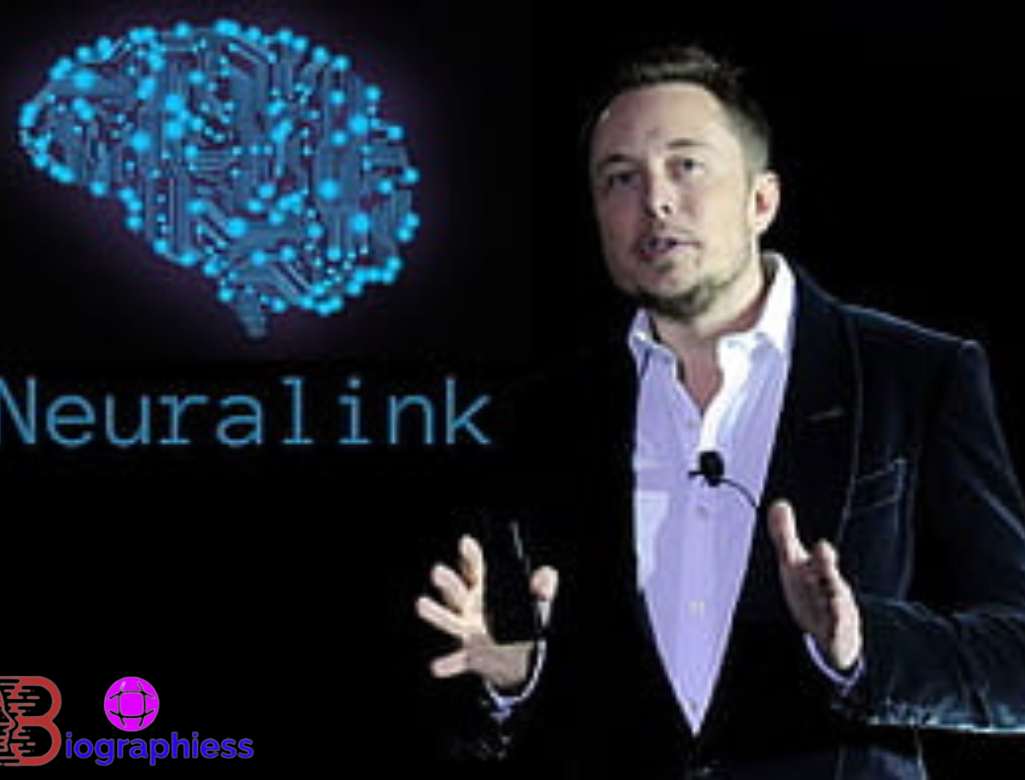
Audience
- Sentiment: Mixed
- Political Group: Conservative
- Age Group: 35-54
- Gender: Male
Overview
- Elon Musk was appointed by Donald Trump to improve government efficiency, sparking concerns about transparency and accountability.
- Critics highlight the sidelining of experienced career officials in favor of Musk’s unconventional approach.
- The potential influence of billionaires like Musk in government raises questions about the balance of power and democratic accountability.
Elon Musk’s Role in Government: Innovation or Intrusion?
In recent years, it seems like everyone is talking about Elon Musk. From electric cars and rocket launches to his ambitious plans for colonizing Mars, Musk has always been at the forefront of innovation. But what happens when Musk’s innovator persona meets the complex world of government? This question has become increasingly important as Musk was appointed by former President Donald Trump to improve government efficiency. However, his approach has raised eyebrows and concerns about transparency, accountability, and ethical conduct.
Who is Elon Musk, Anyway?
Before we dive into the intricacies of his government role, let’s quickly remind ourselves who Elon Musk is. Born in South Africa, Musk showed an early interest in technology and computers. He later moved to the United States, where he founded companies like Zip2 and X.com, which eventually became PayPal. But what really brought him into the spotlight were companies like Tesla and SpaceX, which aim to revolutionize transportation both on Earth and in space. His ambitious projects have made him a household name and are often looked upon with a mix of admiration and skepticism.
A New Chapter in Government
When Donald Trump appointed Musk to enhance government efficiency, many were excited. An innovator like him could bring fresh ideas to an often stagnant bureaucracy. Musk even promised to bring transparency to his work. However, it didn’t take long for critics to voice their concerns. Instead of streamlined processes and open communication, reports indicated increasing secrecy, especially within various federal agencies.
Many people were hopeful that someone with Musk’s track record would foster an environment where innovation could thrive. But what we saw instead was something quite different. The team he formed, humorously referred to as “DOGE” (named after the popular meme featuring a Shiba Inu dog), began operating in an unconventional and secretive manner. This led to worries about how they were influencing federal operations.
Sidelining Career Officials
One of the most alarming consequences of Musk’s approach has been the sidelining of career officials within federal agencies. These are individuals who have dedicated their lives to public service and understand the intricacies of various government functions. By bypassing these professionals, Musk has challenged the traditional role of experienced officials who ensure that decisions are made in the best interest of the public.
Imagine being a long-term employee in a federal agency, only to have a tech billionaire come in and make sweeping changes without including your expertise. That sort of scenario creates an unsettling atmosphere. Employees might feel unsure about their roles, leading to a tense work environment. They may question whether their experience and insights actually matter in the face of someone like Musk, who operates from a position of unprecedented influence.
The Issue of Transparency
While Musk initially promised transparency in his endeavors, critics argue that his actions tell a different story. Transparency is vital for trust, especially in government. Citizens expect to know what’s happening behind closed doors, especially when it involves the use of their tax money and sensitive data.
The White House has defended the work of DOGE as being transparent. However, many federal employees are skeptical. They worry about the lack of oversight and whether Musk’s initiatives prioritize innovation over accountability. Some insiders have remarked on the tension created when decisions that impact government operations are made without proper checks and balances.
Access to Sensitive Data
Another elephant in the room is Musk’s access to sensitive government data. As he prepares to take a closer look at spending within the Pentagon, concerns are swirling about what information he can access and how it will be used. Access to such data brings with it a significant level of responsibility, and the absence of clear guidelines on how Musk and his team operate raises red flags.
Some critics worry that granting Musk access to sensitive government information could lead to potential conflicts of interest. Is his motive purely public service, or does he have ulterior motives tied to his various business empires? The lines can often blur in complex situations like this, causing citizens to question whose interests are truly being served.
The Balance of Power
The situation surrounding Elon Musk and his role in government is a clear illustration of the struggle for balance in power within a democratic framework. A person with substantial wealth and influence like Musk may have the ability to steer government initiatives in ways that traditional government officials cannot. Thus, the balance of power quickly becomes an issue.
When private interests begin to operate in tandem with public roles—especially without sufficient oversight—it can create complicated dynamics. This raises the question: when does innovation start to infringe upon democratic accountability? After all, democracy is built on the idea that governments should serve the people, not the other way around.
The Stakes are High
The implications of this situation are substantial. If Musk’s influence continues to grow without checks and balances, it could set a dangerous precedent for how government functions. Will we see more billionaires step into roles traditionally held by elected officials or experienced civil servants? The possibilities could lead us further away from the democratic ideals many Americans value.
Additionally, it offers a broader commentary on how technology and wealth interact with governance. In a world increasingly dominated by large corporations and their leaders, how do we ensure that government remains accountable to the people? These are questions that need to be addressed as society grapples with the influence of powerful individuals in public realms.
Conclusion: The Road Ahead
As we continue to navigate this new world where technology and government intersect, it’s crucial to maintain a dialogue. Musk is undoubtedly a powerful figure, but the questions surrounding his role in the U.S. government are equally significant. While innovation can drive positive change, it must not come at the cost of democratic accountability or transparency.
In this evolving landscape, your voice matters. How do you feel about billionaire influence in government? Should tech innovators be given a bigger role, or do you think that their involvement could undermine public trust? Share your thoughts in the comments below!






